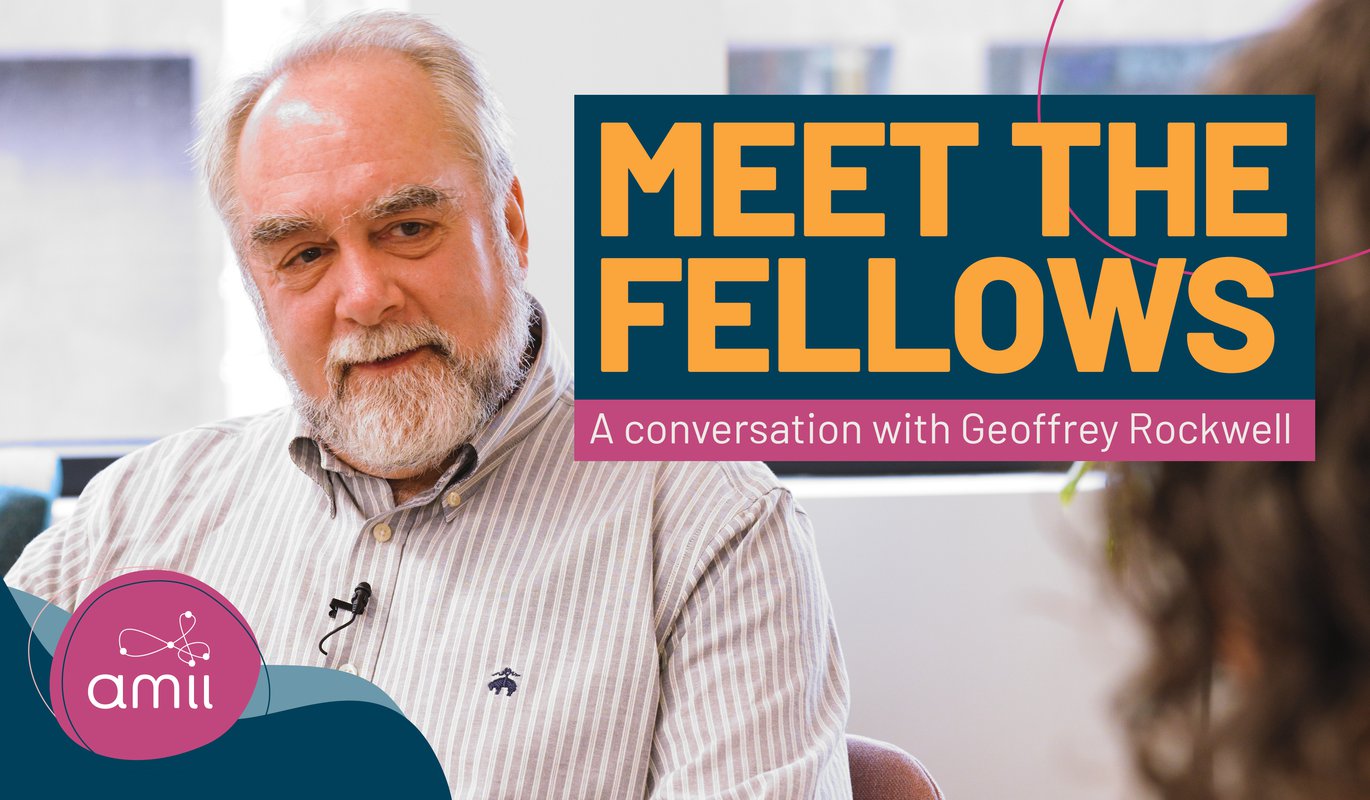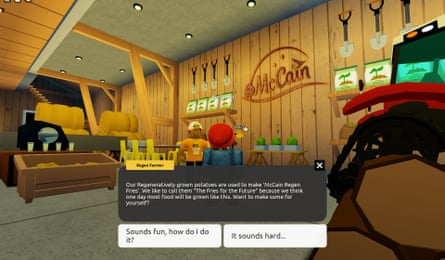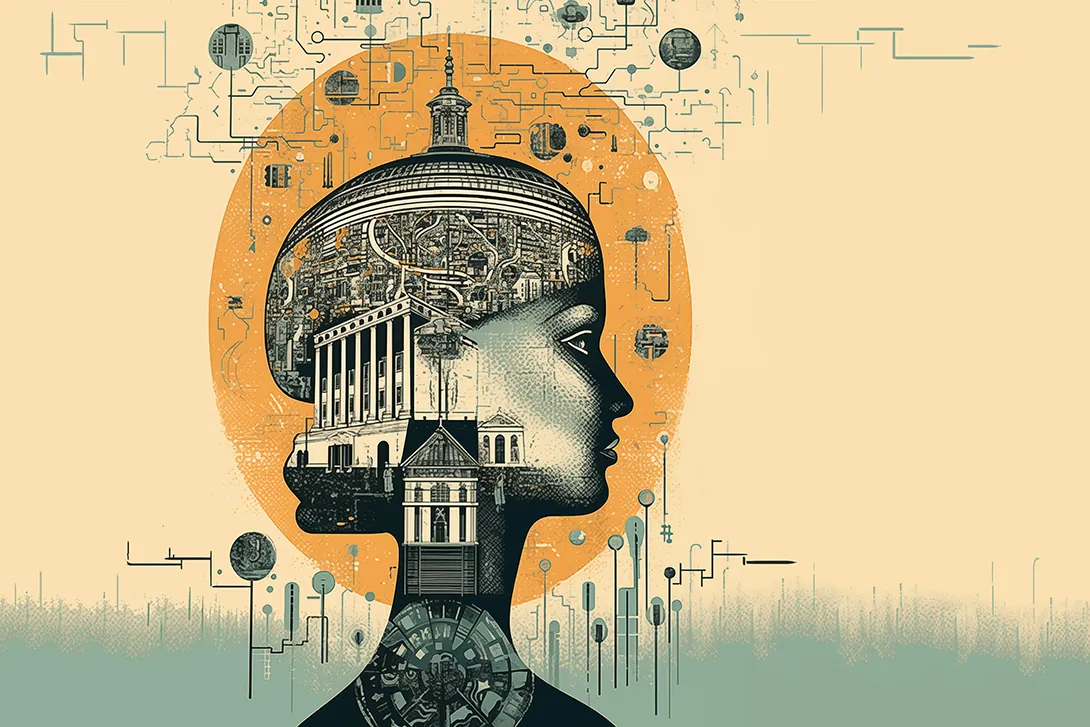For ‘deeper reading’ among children aged 10-12, paper trumps screens. What does it mean when schools are going digital?
The title of this Guardian story says it all, A groundbreaking study shows kids learn better on paper, not screens. Now what? The story reports on a study led by Karen Froud at Columbia University titled, Middle-schoolers’ reading and processing depth in response to digital and print media: An N400 study. They found “evidence of differences in brain responses to texts presented in print and digital media, including deeper semantic encoding for print than digital texts.” Paper works better.
John Gabrieli, an MIT neuroscientist who is skeptical about the promises of big tech and its salesmen: “I am impressed how educational technology has had no effect on scale, on reading outcomes, on reading difficulties, on equity issues,”…






